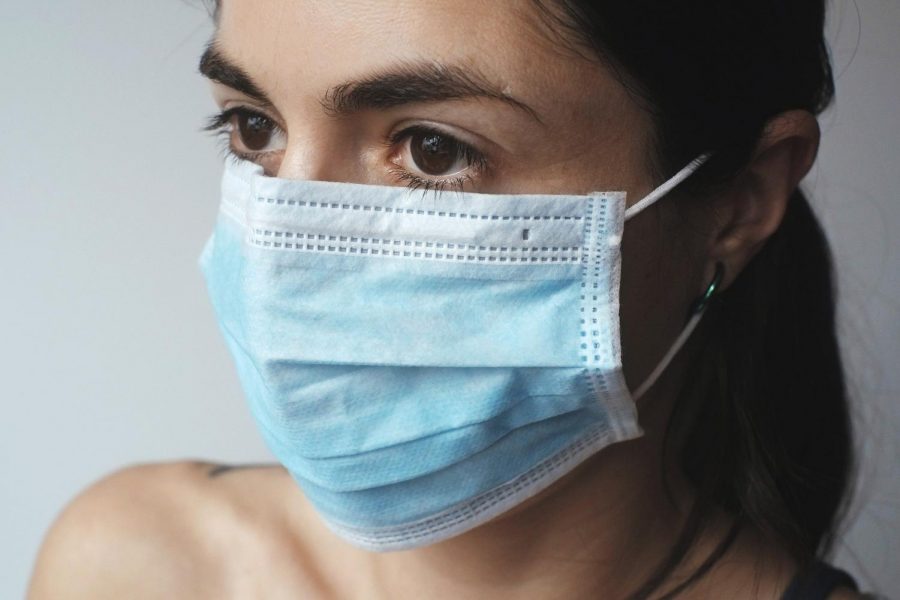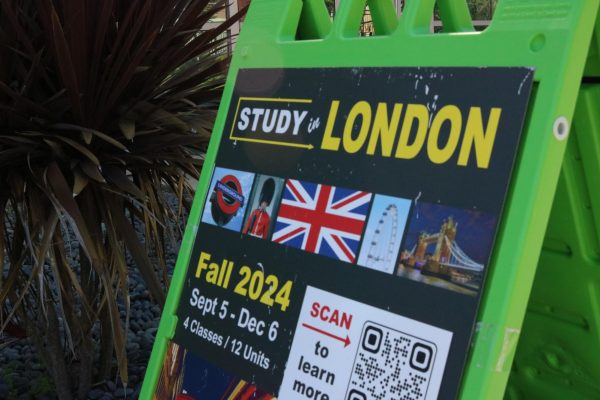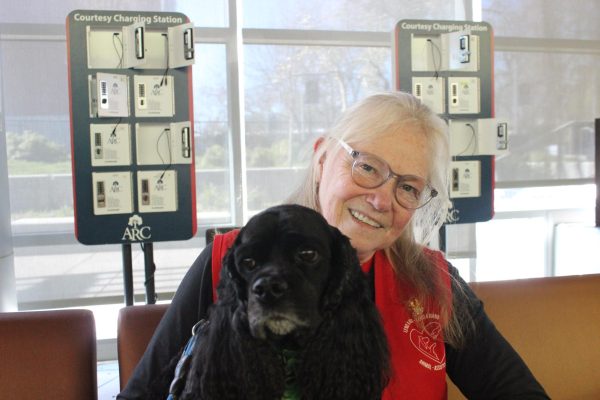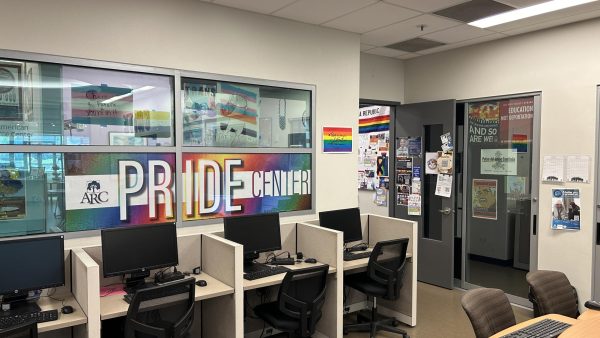Students protect themselves as Covid-19 continues to be a concern
Are you doing your part to slow the spread?
As the global Covid-19 pandemic continues to be a threat into the fall semester, students are still expressing concern about contracting and spreading the virus to others. (photo courtesy of pixabay.com)
Since the beginning of the COVID-19 pandemic, many conflicts have arisen in this country, trying to contain it as much as possible. There are those who believe the virus is a “never-seen-before” sickness, while others are not that concerned about contracting it.
Considering all that’s going on with social distancing, temporary lockdowns, and constant debates mask effectiveness, how many students are actually concerned with catching COVID, here at American River College?
Some students expressed that they were concerned about someone or themselves becoming ill. Maliah Dorsey, an international studies major at ARC, said she wasn’t concerned for herself, but more for the people around her.
“I’m not as scared as many people may be [to contract the virus], because I am young and I don’t have any illnesses and don’t believe I’d struggle too much,”Dorsey said. “I am afraid of getting the virus and accidentally passing it on to people around me who might struggle with it.”
Karmen Pantoja, an arts and new media major, said she was one of the people taking this pandemic seriously. Pantoja expressed concern for contracting the coronavirus.
“I am definitely afraid of catching the virus,” Pantoja said. “I don’t have any medical conditions that would make me anymore sick than I already would be if I were to catch it, though.”
Amanda Weltch, a nutrition major, said that she was afraid at first, because of how much the media was blowing up the issue. She also said that she has an auto-immune disease that affects her the most when she’s putting pressure on her mental health by stressing out over it.
“Simply put I don’t have the time or energy to fear something that might not happen,” Weltch explained. “When everything first started the media coverage definitely had me a little on edge.”
“As long as I take the necessary precautions; frequently washing my hands, wearing a mask in public, practicing social distancing, etc”, Weltch said, “I know I’m doing my part and that’s all that matters.”
Students also included that they feared particularly for family members and peers who have medical conditions that wouldn’t aid well in fighting against the sickness. Dorsey said she has great concern for her grandmother.
“I’m afraid for my grandma to get Covid; she has a bad case of Lupus and has lung disease,” Dorsey said. “I don’t think she’d be able to fight it off if she got it.”
“I am also afraid for my little sister to get it, because she tends to get sick a lot from time to time,” Dorsey said. “My family believes she doesn’t have the strongest immune system.”
Pantoja didn’t show too much concern for the people in her household, but showed more concern for an older family member, saying her grandpa doesn’t have the strongest immune system either.
“I’m afraid for my grandpa to contract the virus”, Pantoja said. “He has weak lungs, and not a super good immune system. A common cold for me and my family would turn into pneumonia for him.”
Weltch said she didn’t have someone in particular that she worried for, but instead answered for everyone in general in a hopeful way.
“Of course, I don’t want anyone to contract COVID, but I’ve made it a rule not to be fearful or worry for someone else,” Weltch said. “We all know what our part in this is, so all I can do at that point is make sure they have what they need, and just pray that they do their part.















